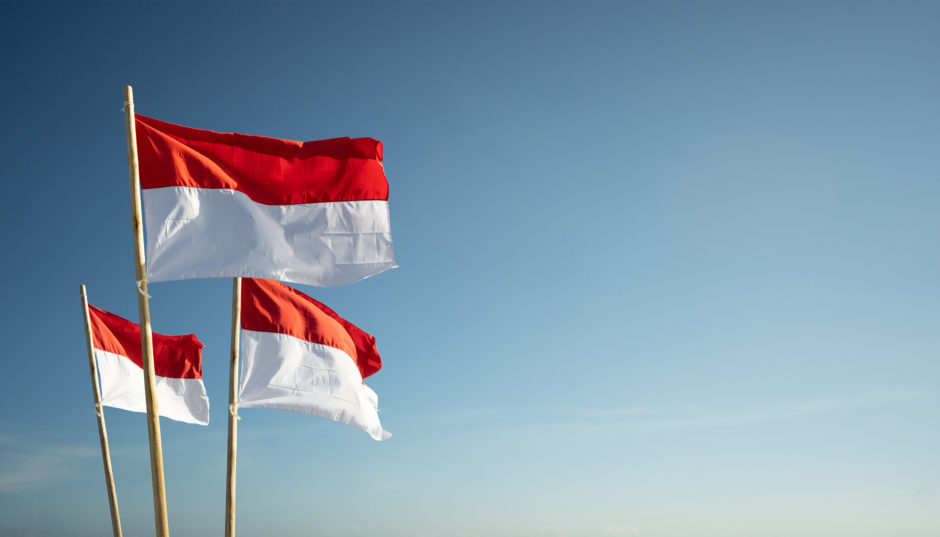
Japanese trading house Mitsubishi and state-owned energy agency Jogmec are exploring potential blue ammonia output with Indonesian producer Panca Amara Utama (PAU).
Mitsubishi and Japan Oil, Gas and Metals National Corporation (Jogmec) said on 19 March that they have agreed with PAU and Indonesia’s national Bandung Institute of Technology, which has expertise in CCS, to undertake a CCS feasibility study. The study is planned for near the PAU plant and Mitsubishi’s 2 million tonne per year Donggi-Senoro LNG export plant, both in the Indonesian province of central Sulawesi.
“As [the owner of] one of the newest and most efficient ammonia plants in the world, PAU is ideally placed to help achieve the government’s CO2 [carbon dioxide] emissions reduction target of 29% by 2030,” chief executive Chander Vinod Laroya of Indonesian-listed gas refiner Surya Esa Perkasa (SEP), which owns PAU.
Laroya said the PAU blue ammonia plant project was the world’s first application of the “latest ammonia technology, putting Indonesia at the forefront of global ammonia production.”
Blue ammonia is produced from fossil fuels, such as natural gas, with the carbon dioxide (CO2) generated managed through carbon capture and storage (CCS).
A major natural gas producer, Indonesia has been making fertilizers, plastics and chemical products using ammonia. Expectations are increasing for ammonia to become a source of next-generation clean energy, as it does not emit CO2 during combustion.
Mitsubishi said in a separate press release that the blue ammonia produced by the PAU plant would be exported to fuel coal-fired power plants in Japan. “Through this clean fuel ammonia project, we will make an effort to contribute towards realising a decarbonised society and securing stable energy supply for Japan,” Mitsubishi said in the release.
Mitsubishi and its Indonesian partner SEP began production at the 660,000 tonne per year PAU joint-venture ammonia plant in 2018. The plant uses natural gas from the nearby Senoro and Toili fields, in which Mitsubishi partners South Korea’s state-owned Kogas.
Japan is aiming to expand the use of ammonia as a fuel as part of efforts to hit its 2050 decarbonisation goal, with imports forecast to begin as early as 2025 initially for co-firing at coal-fired power plants.
